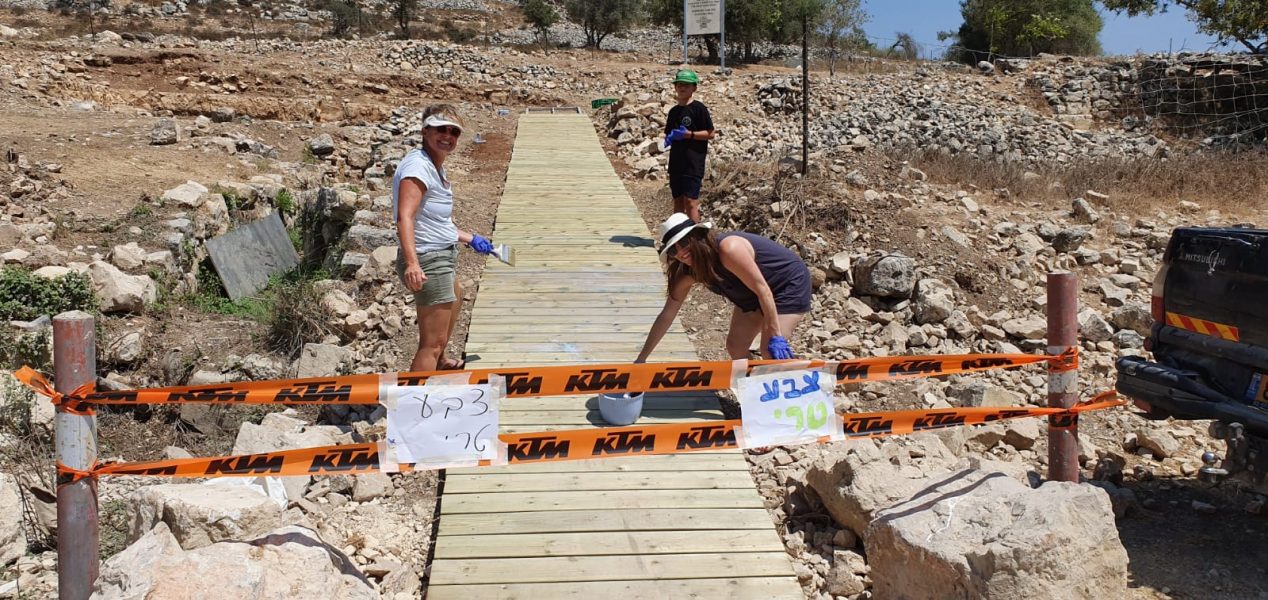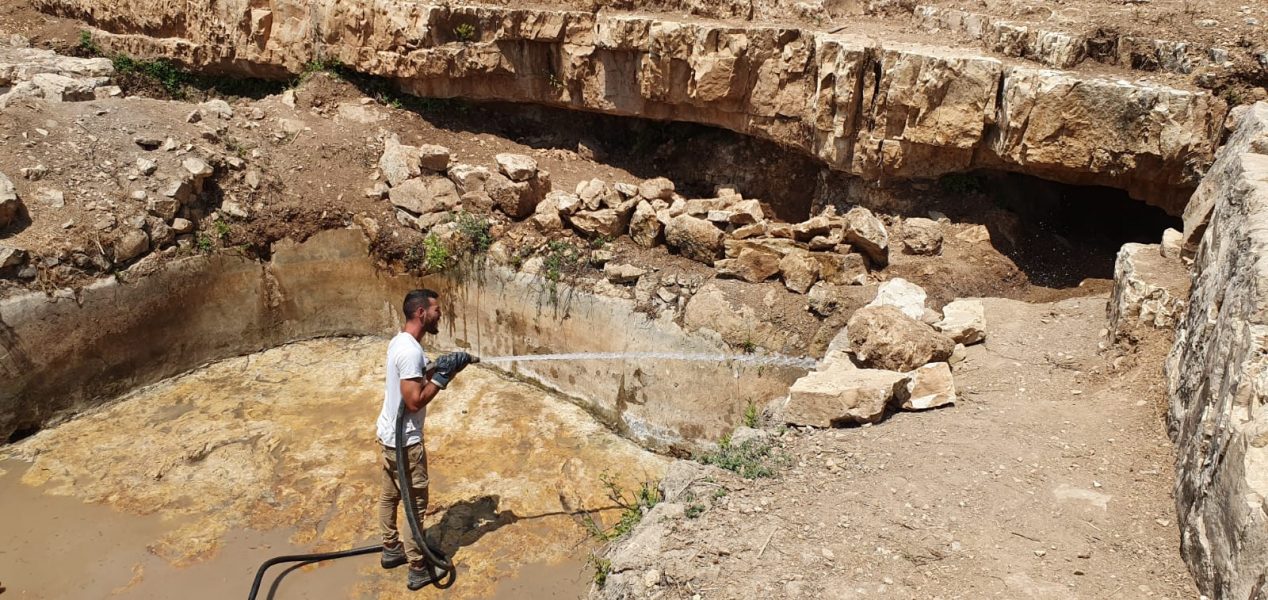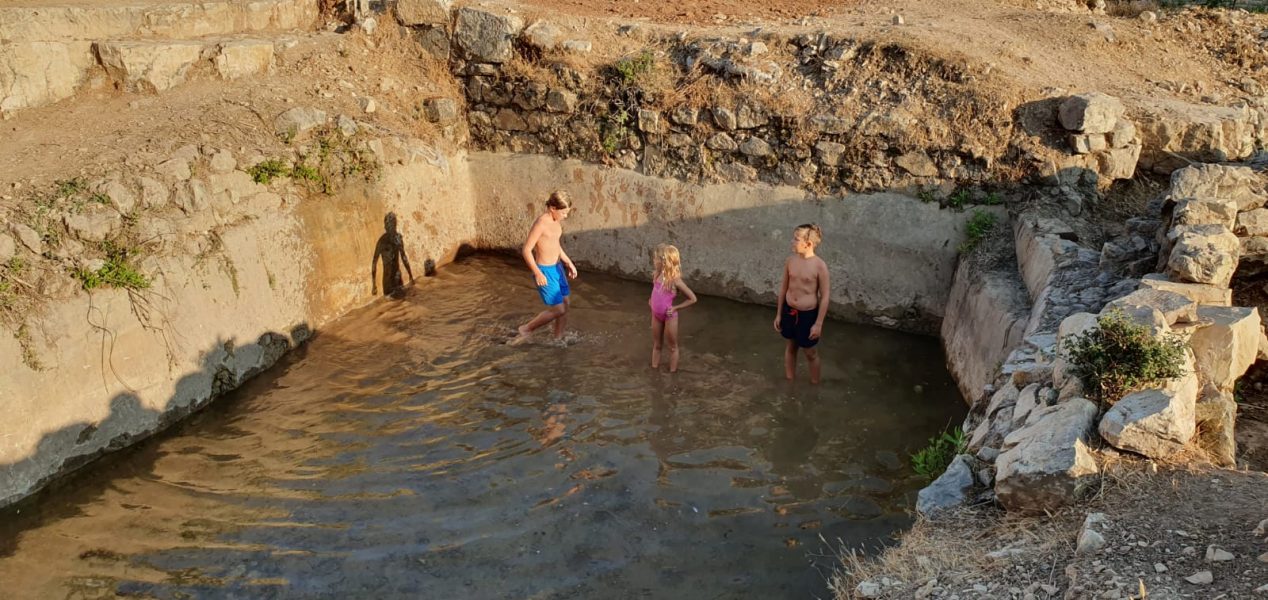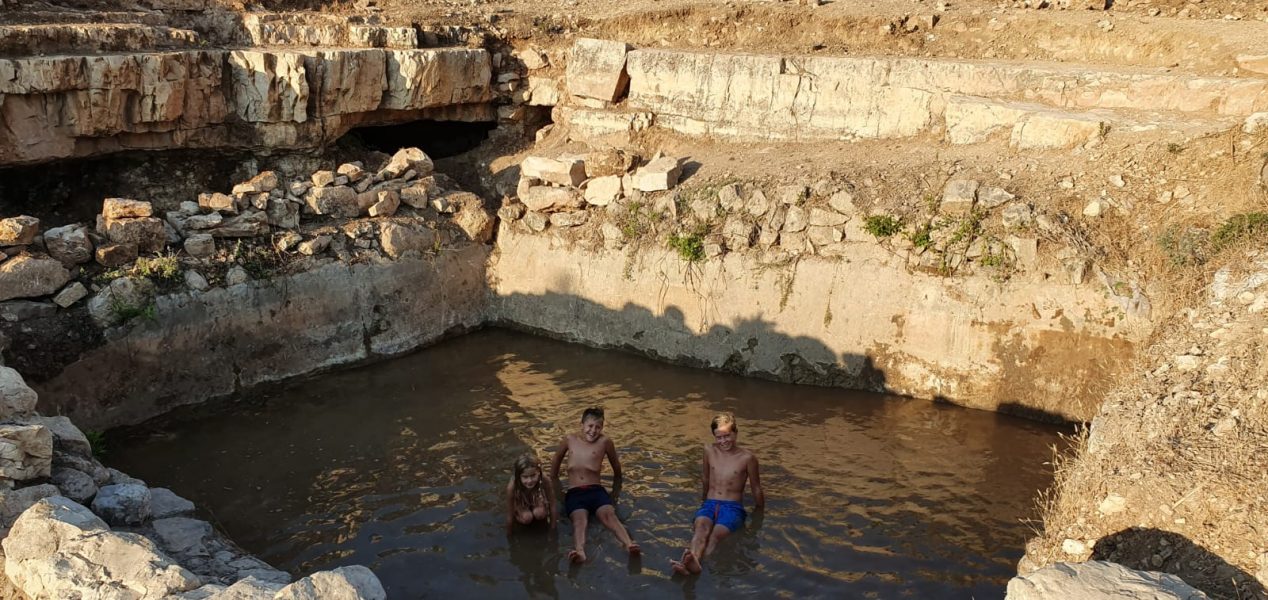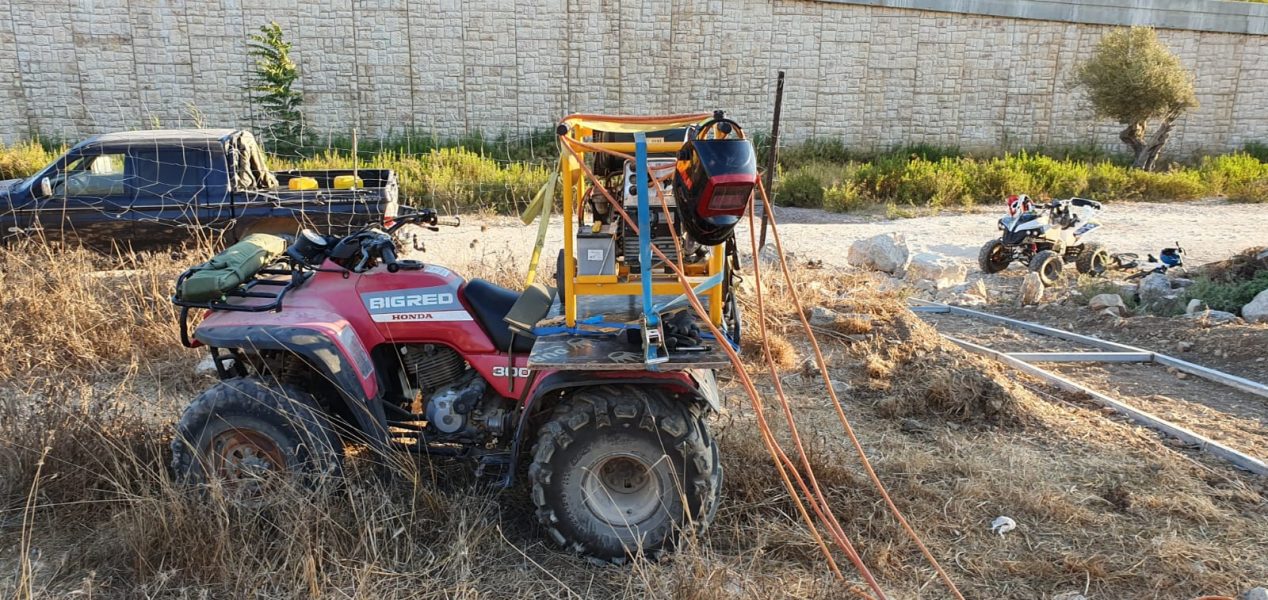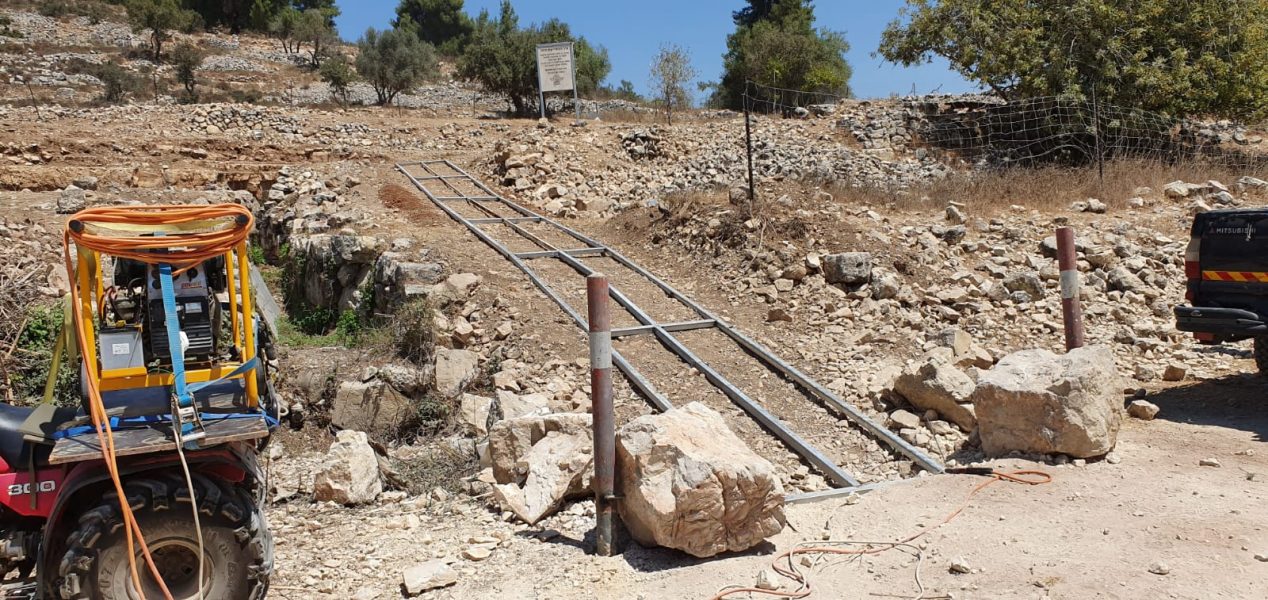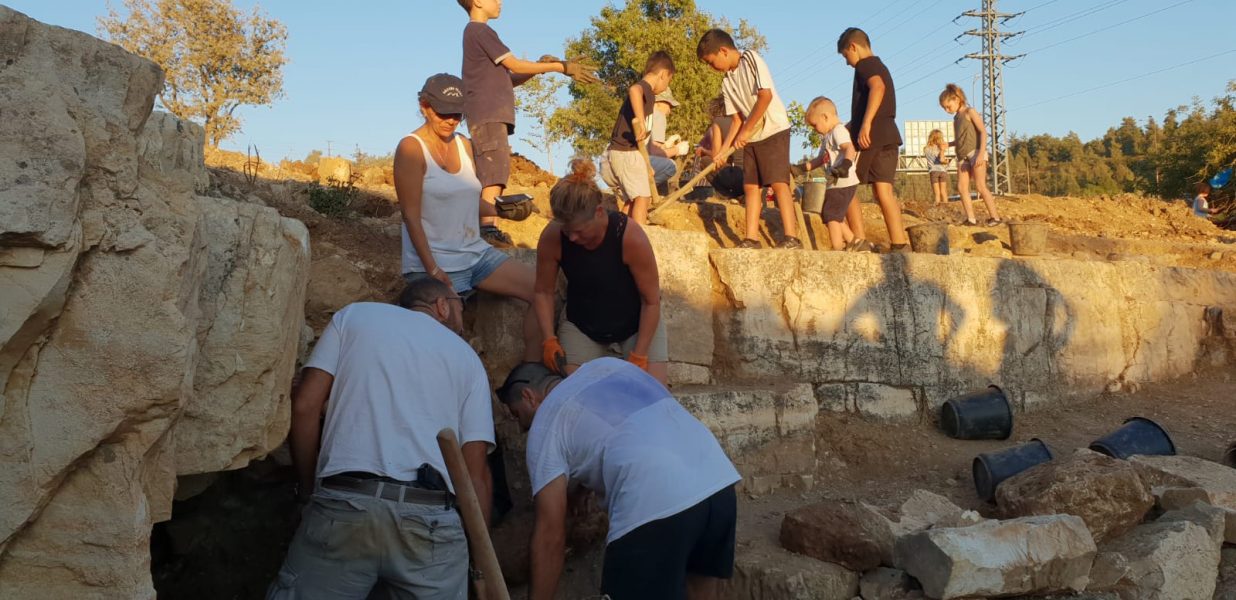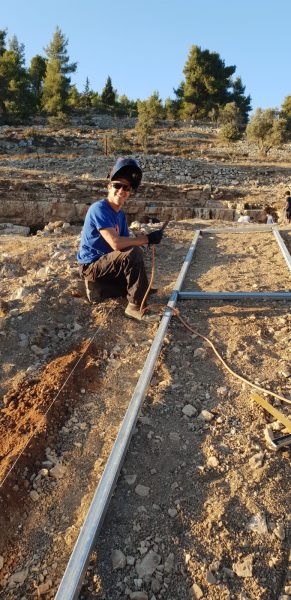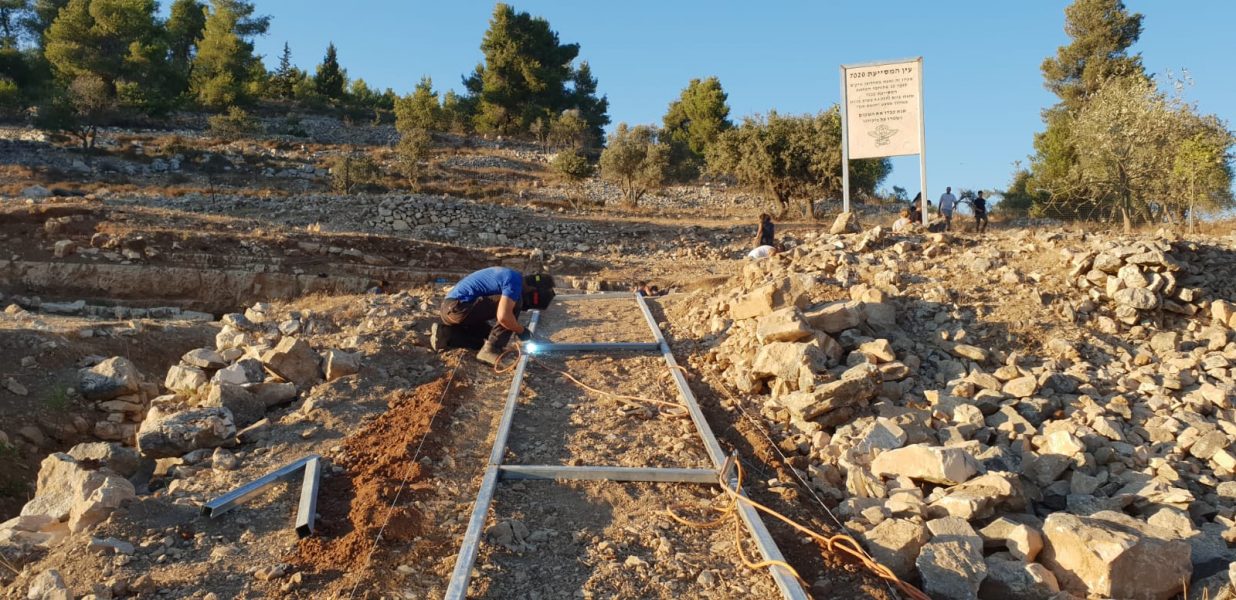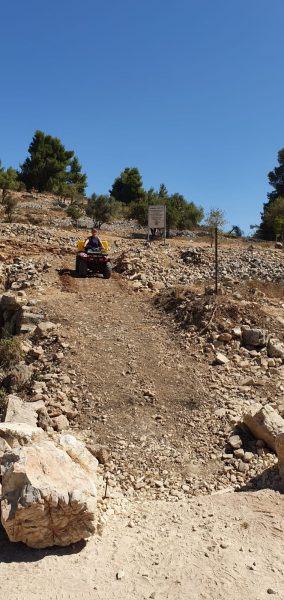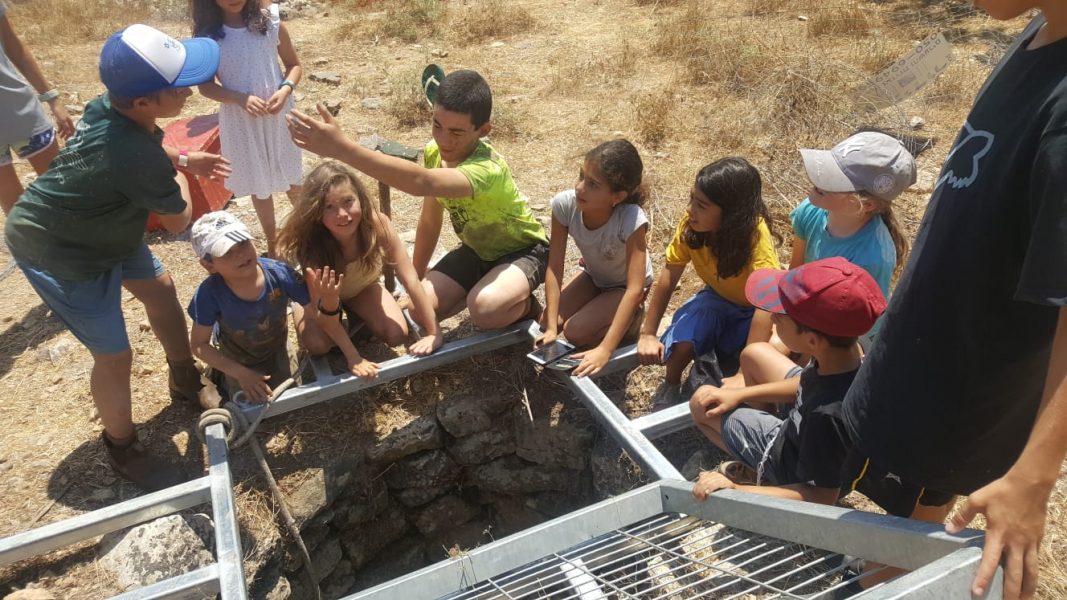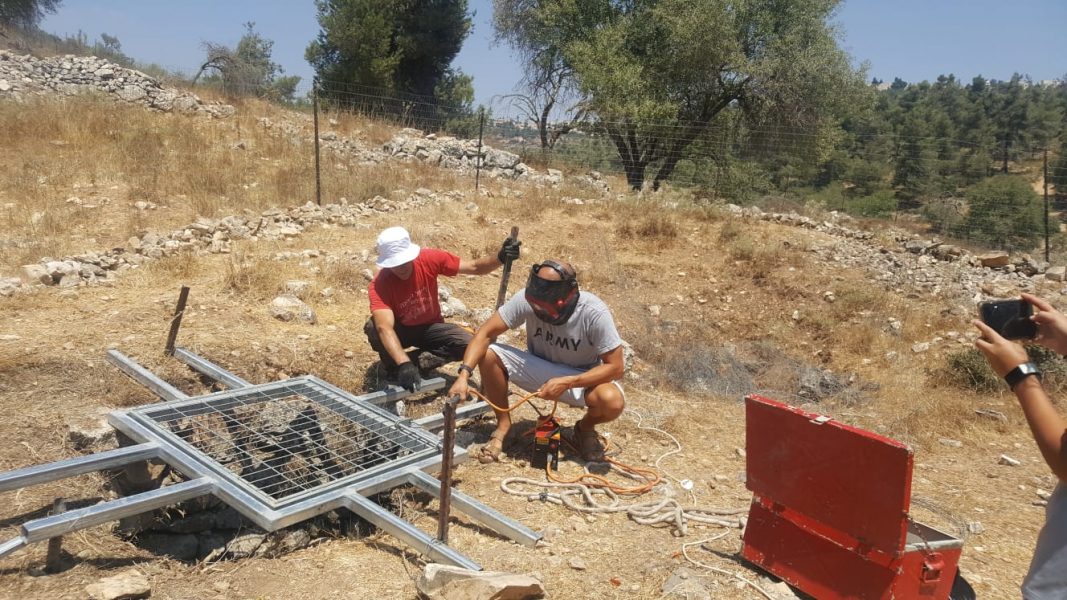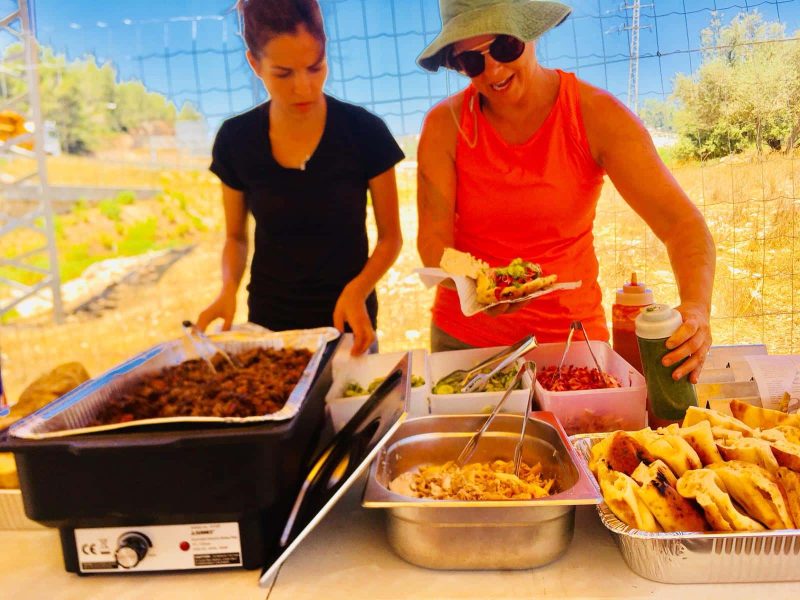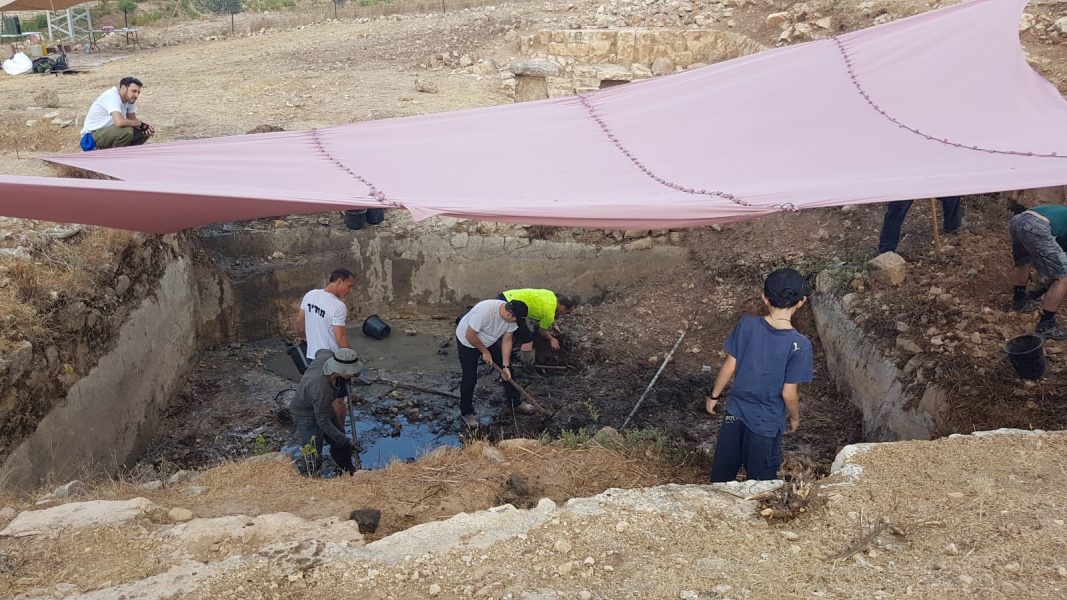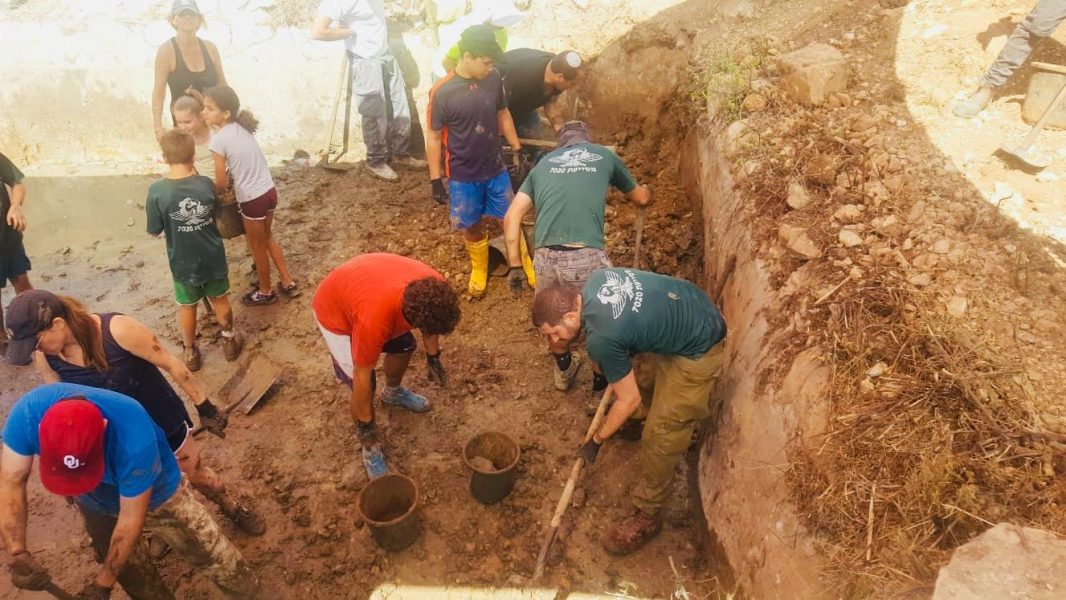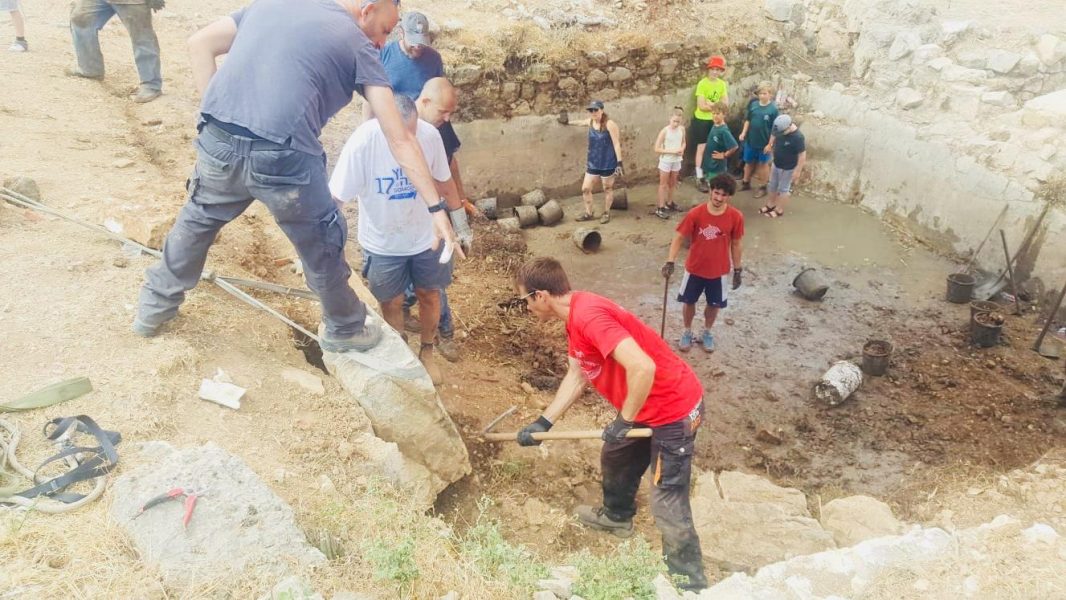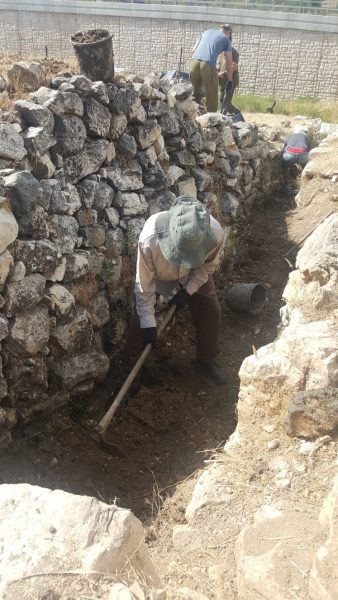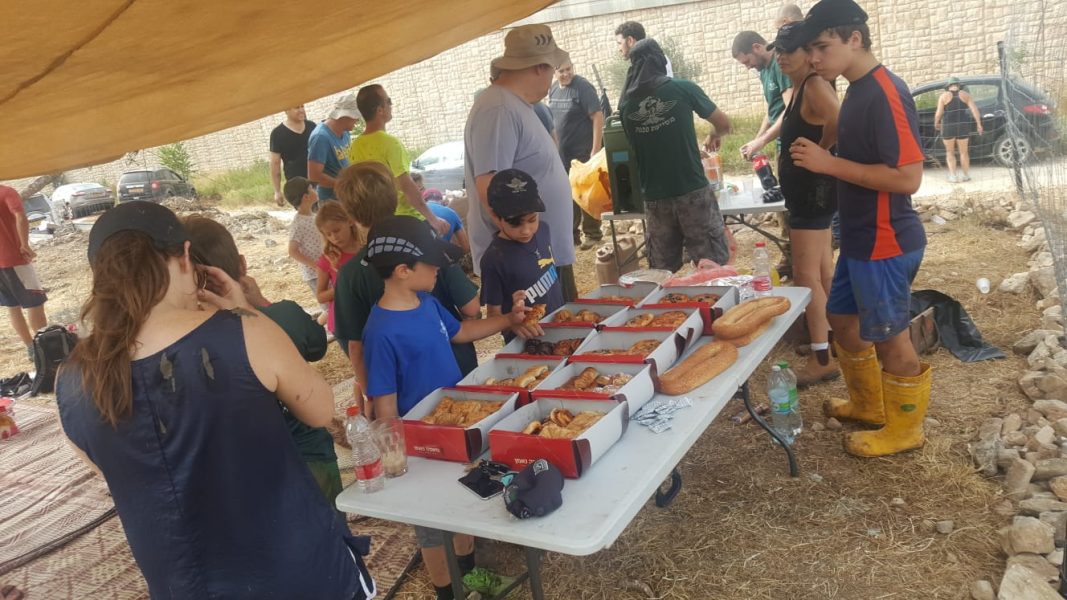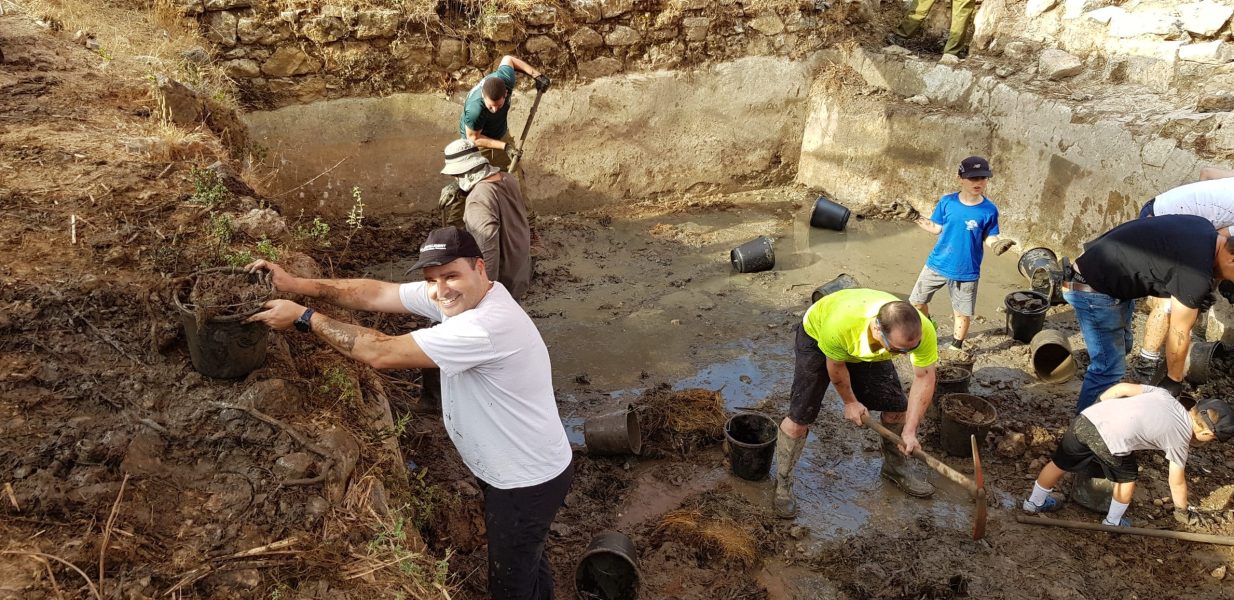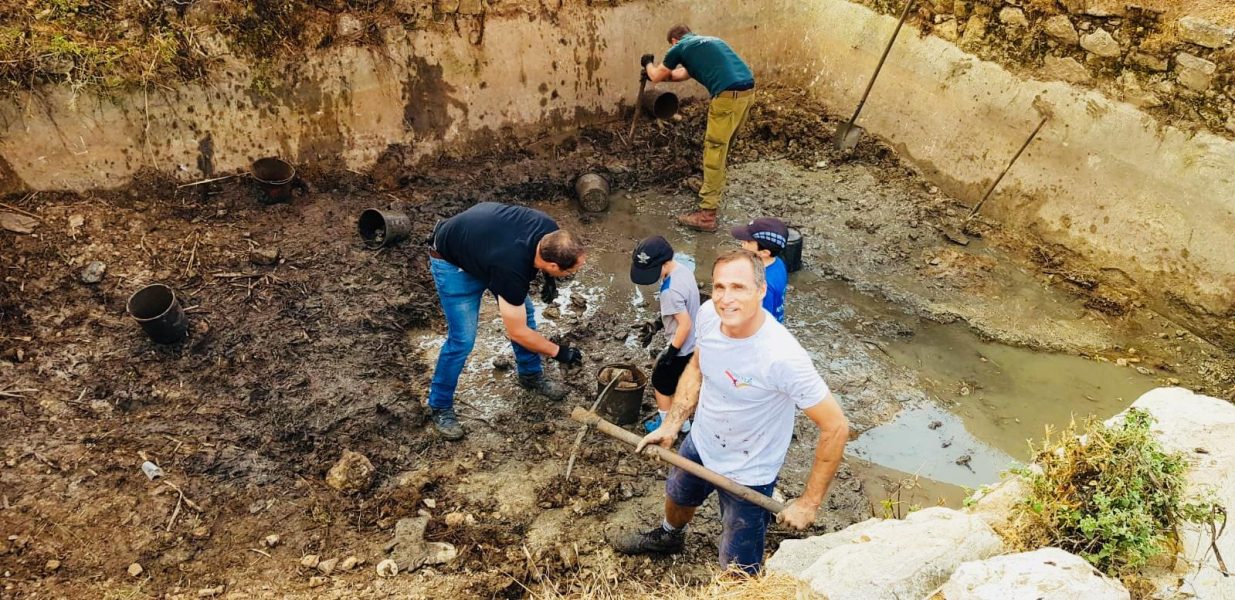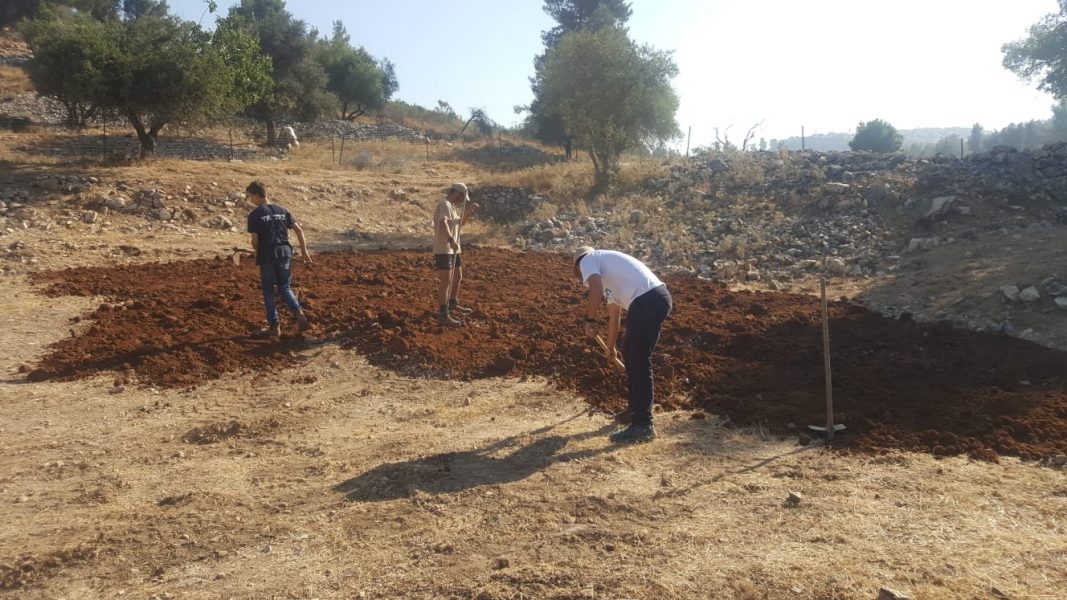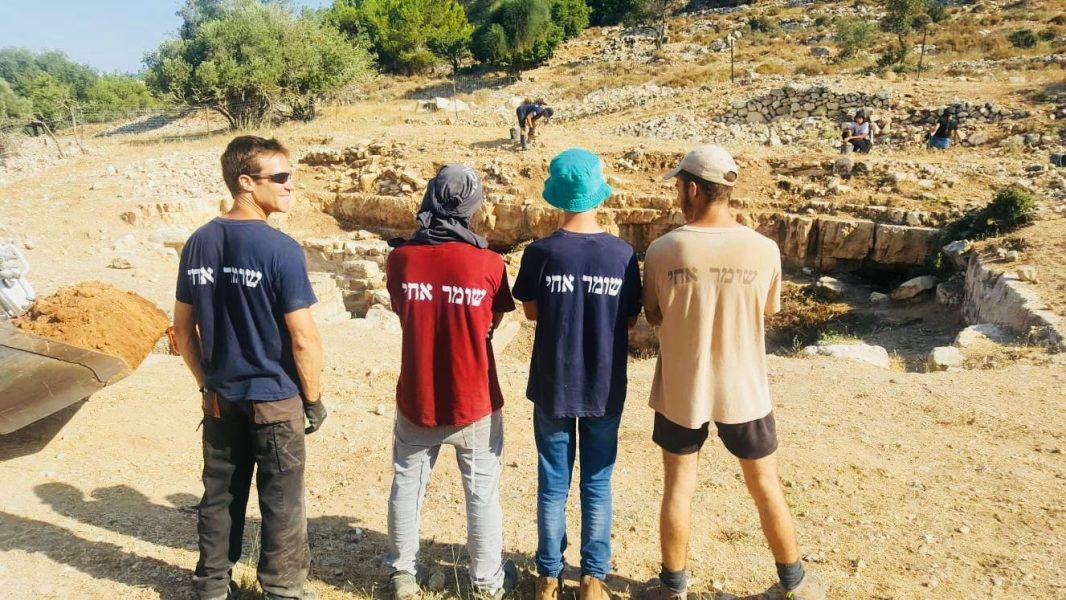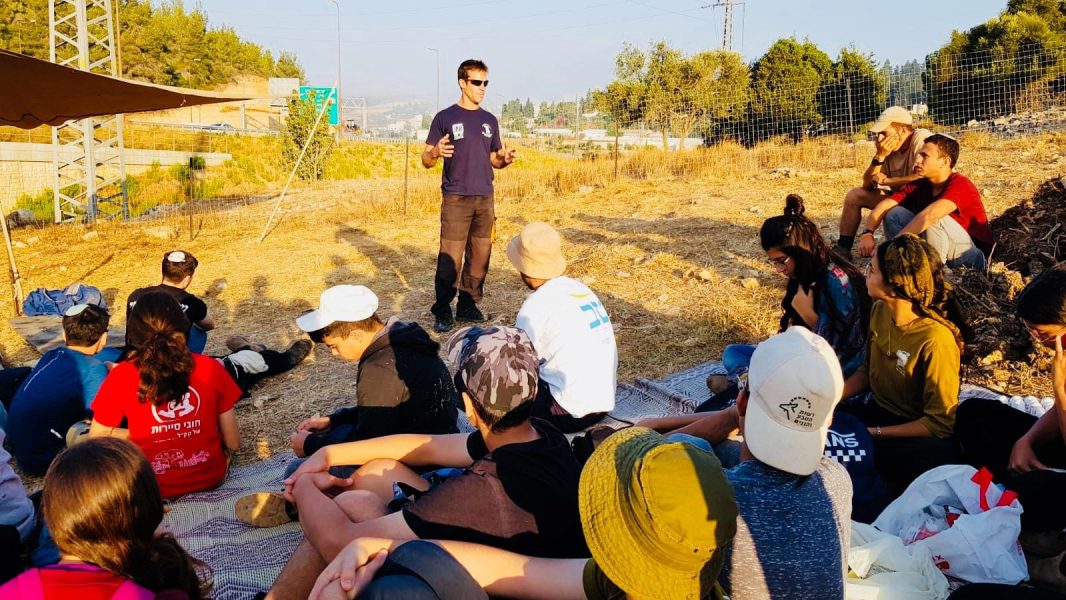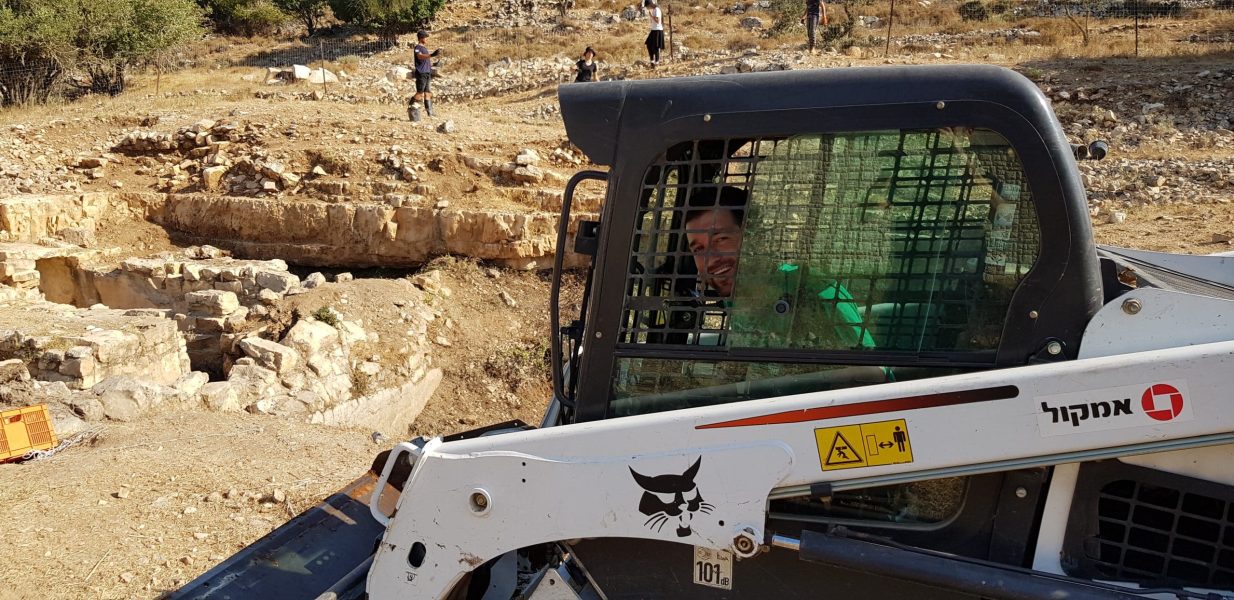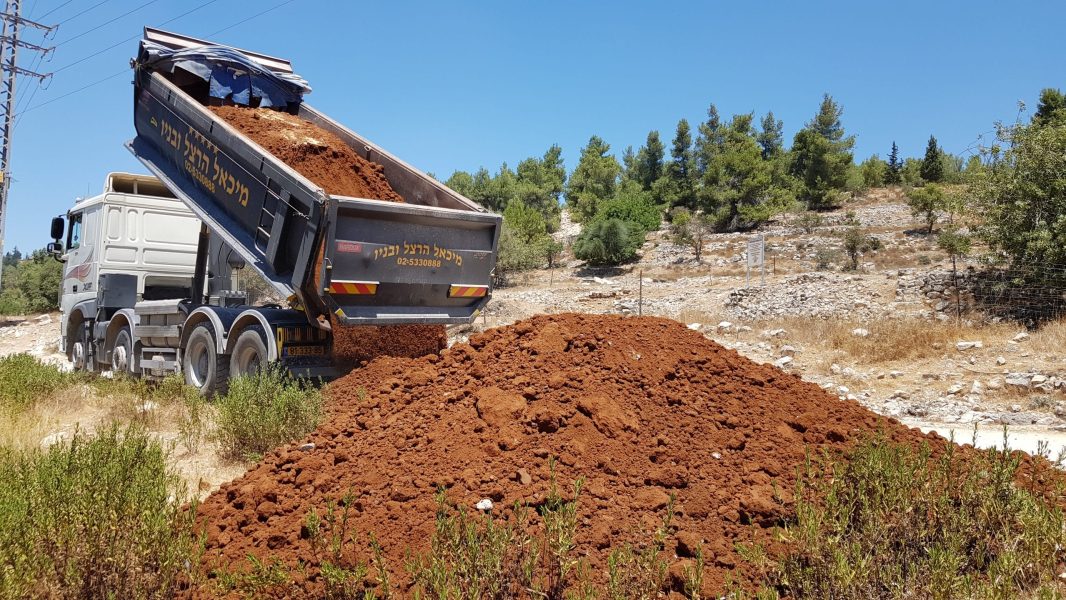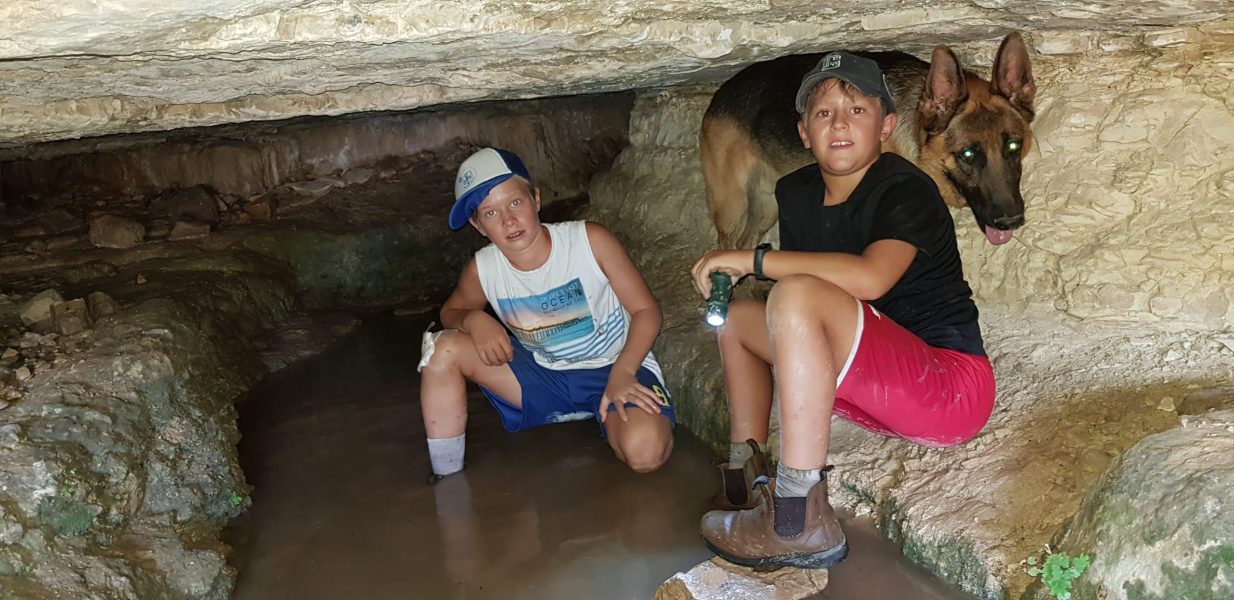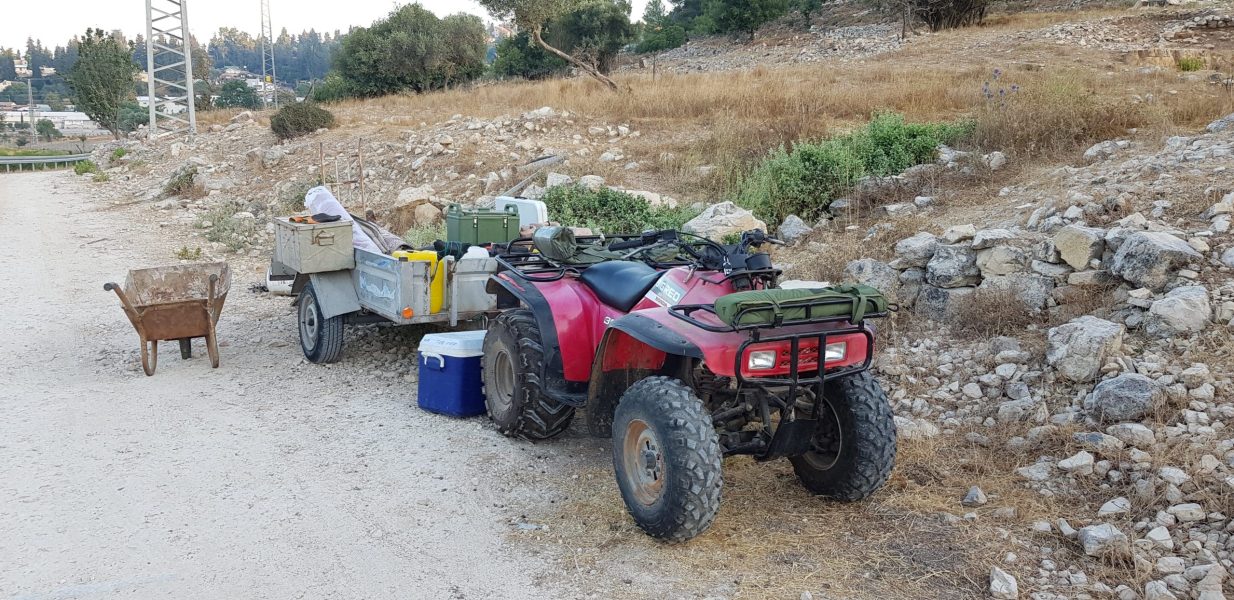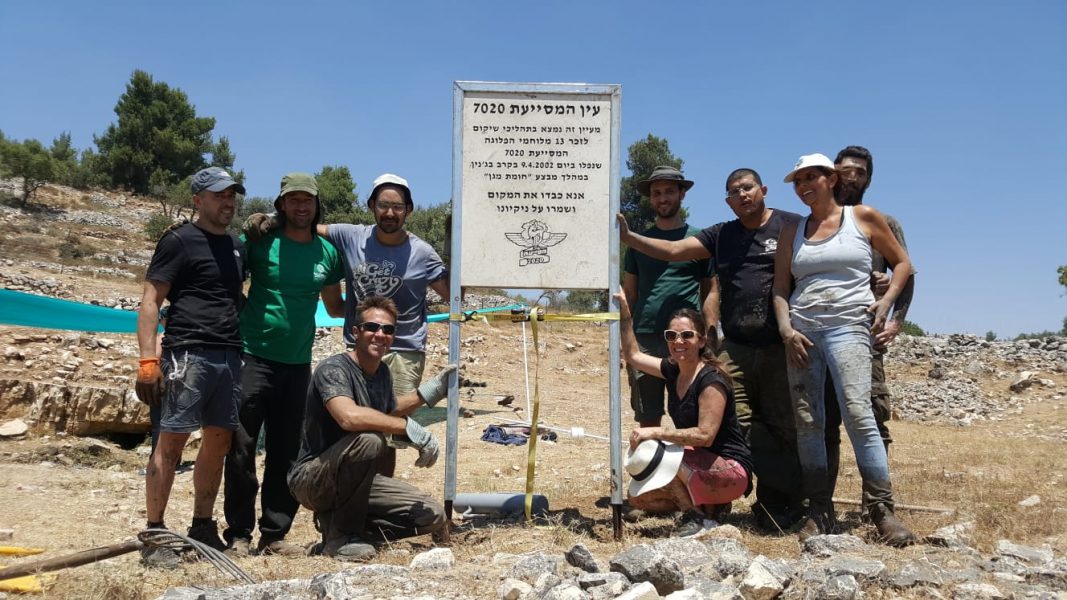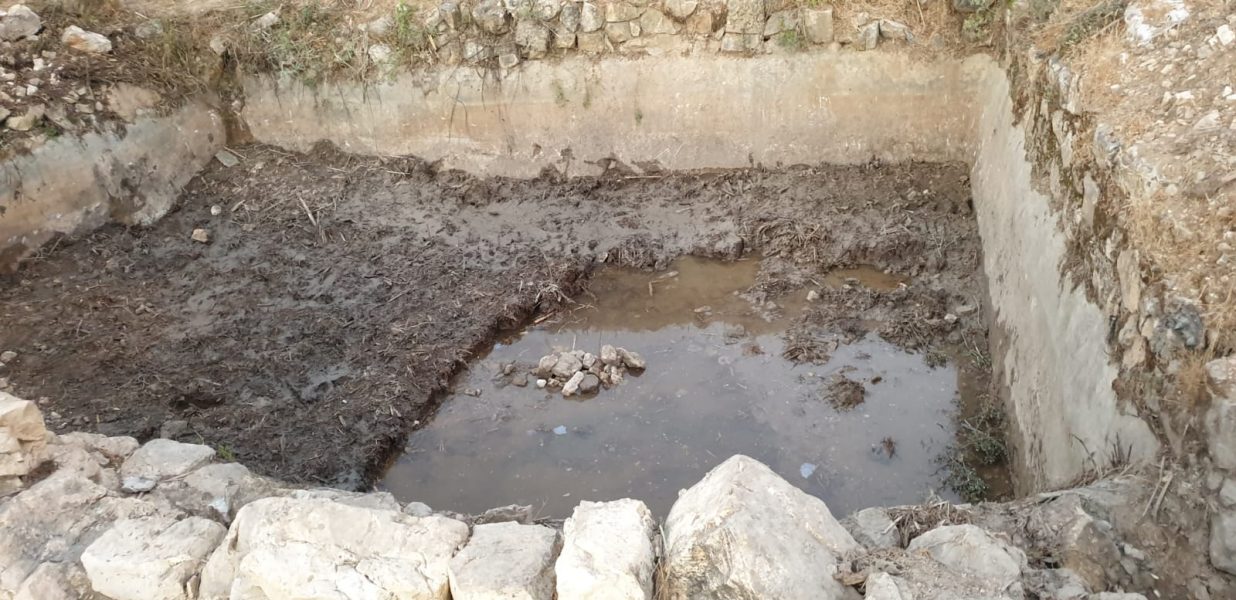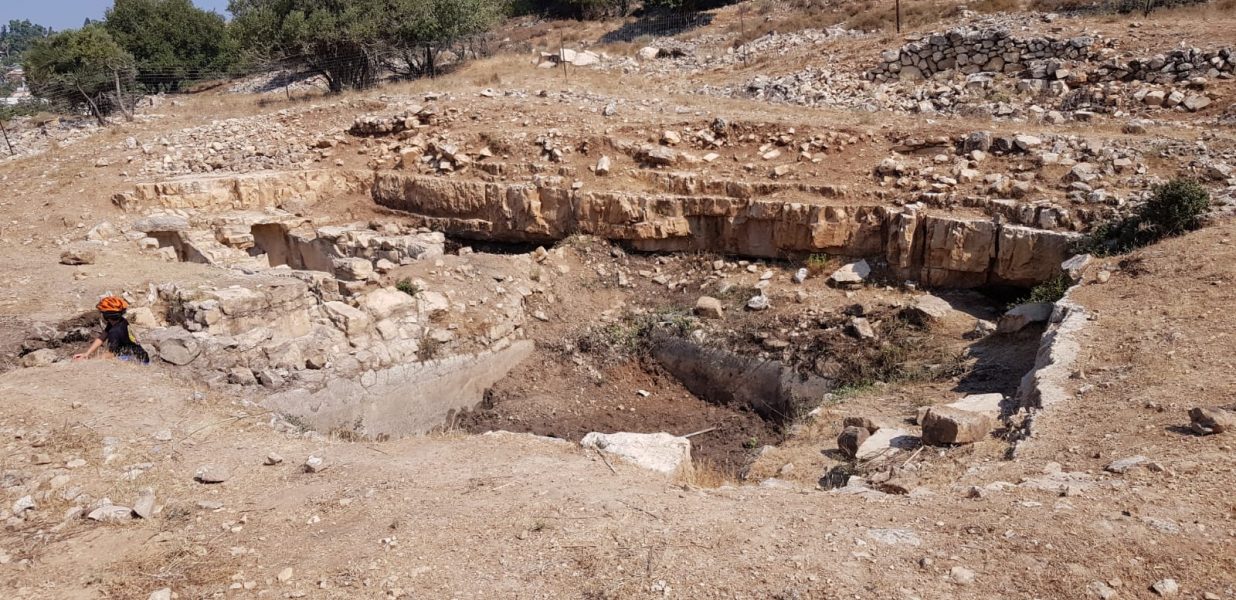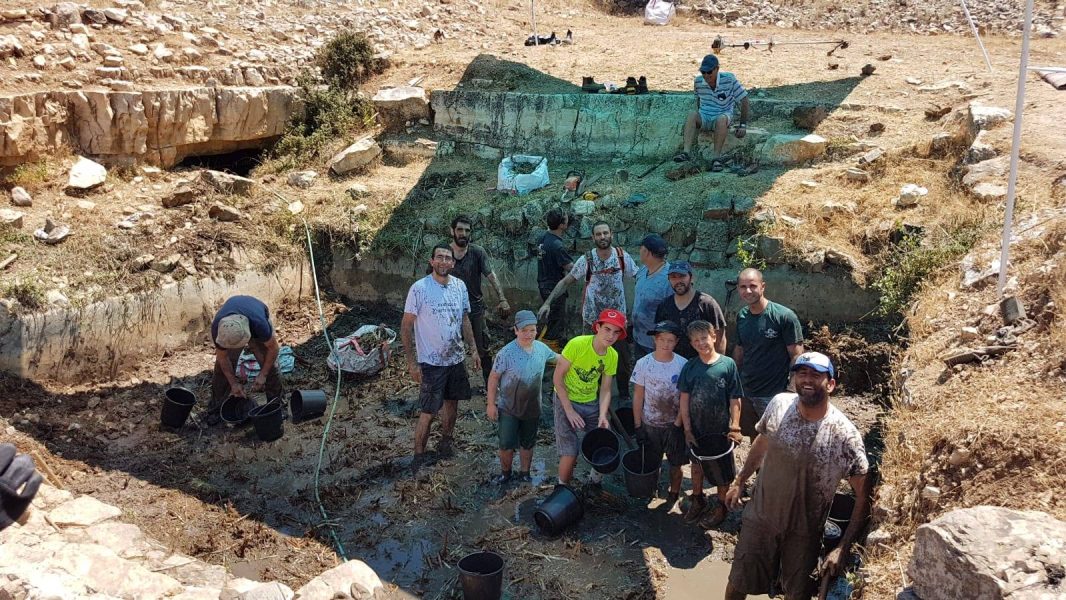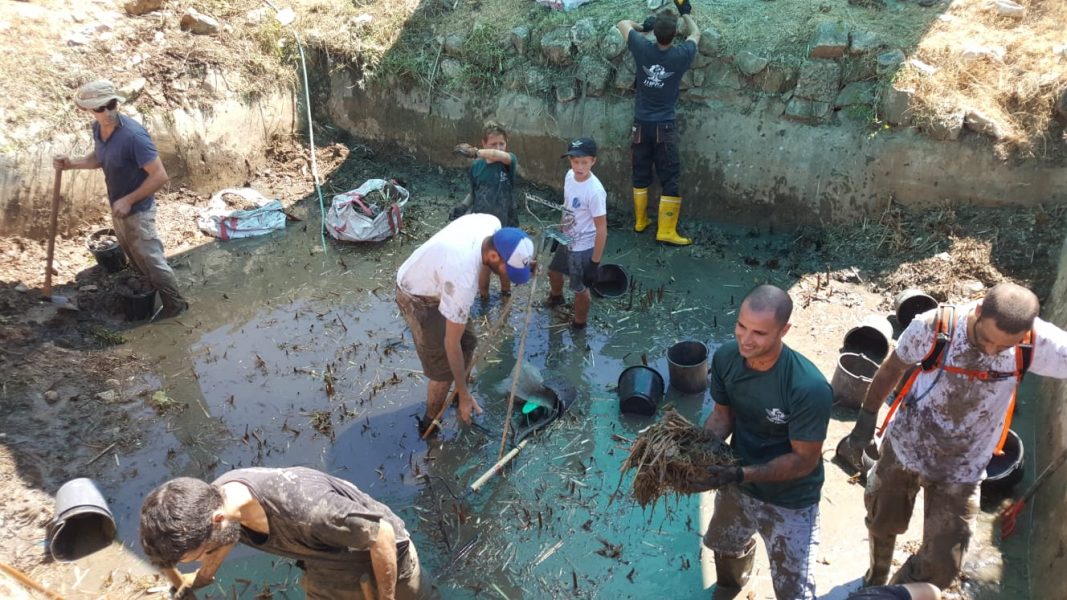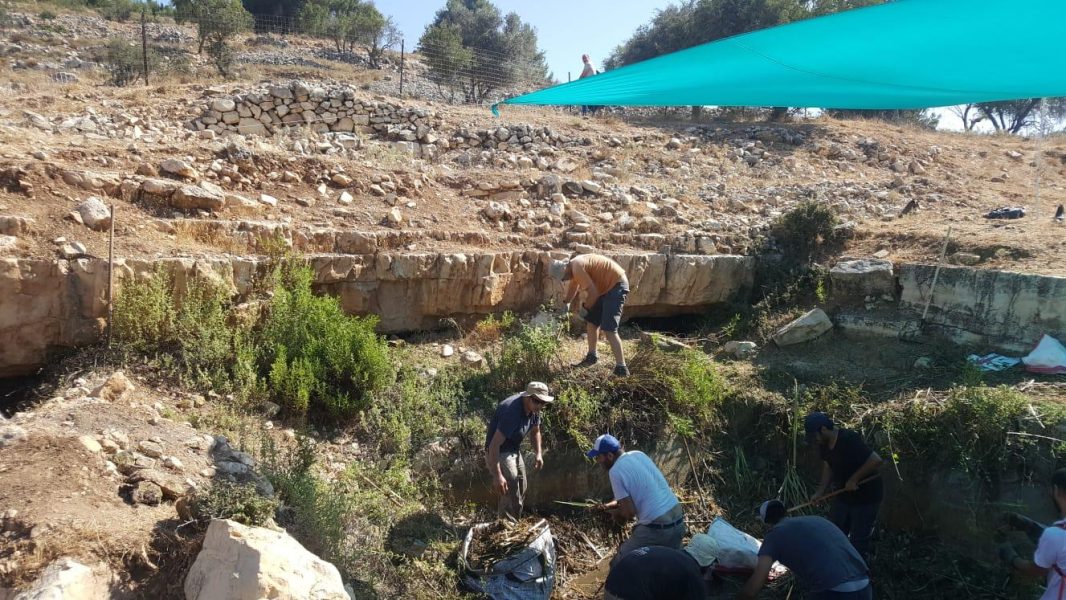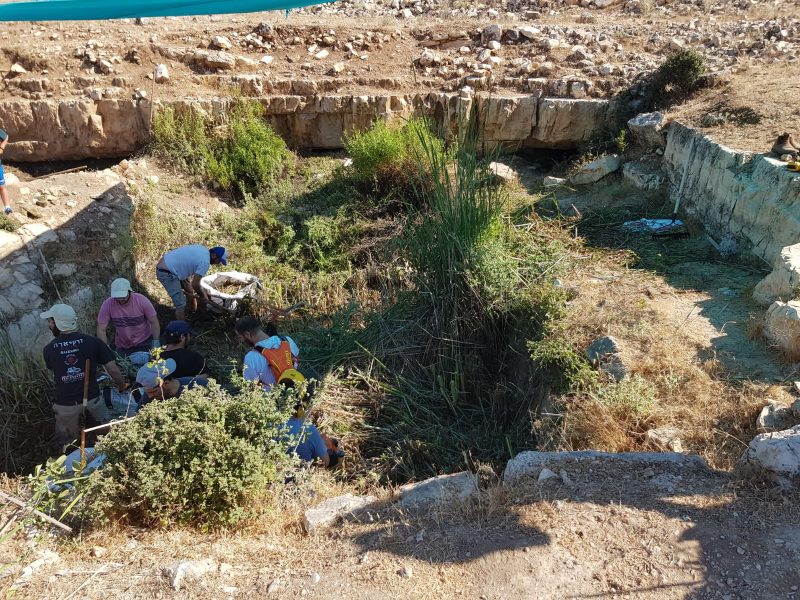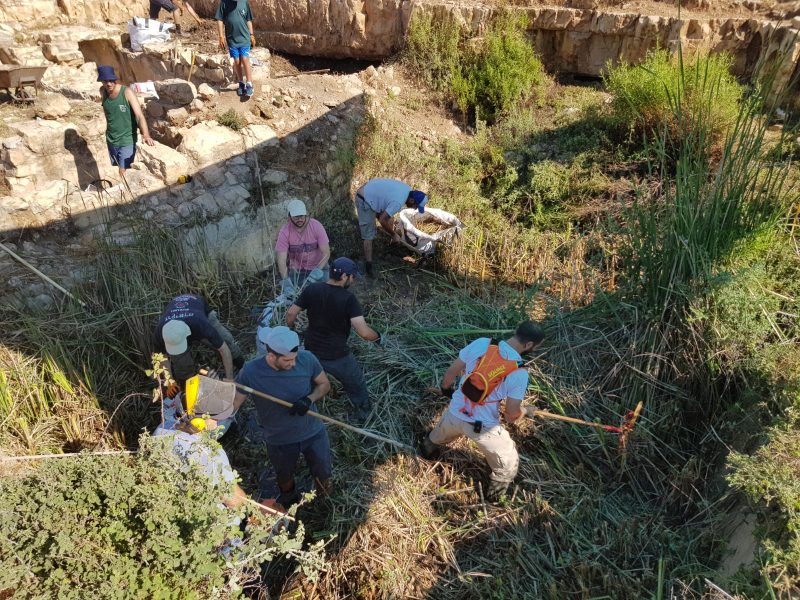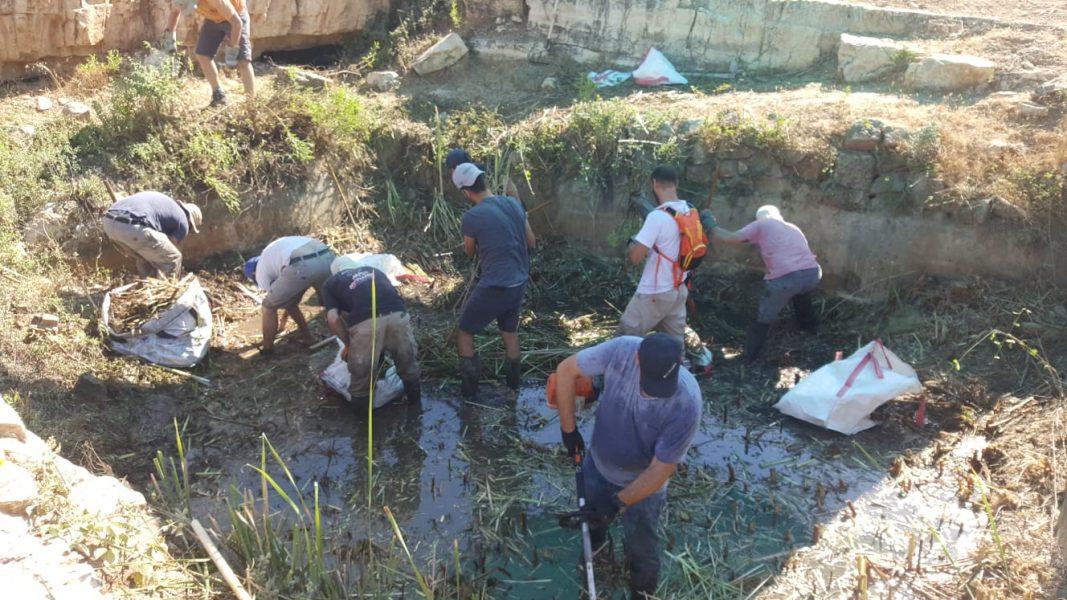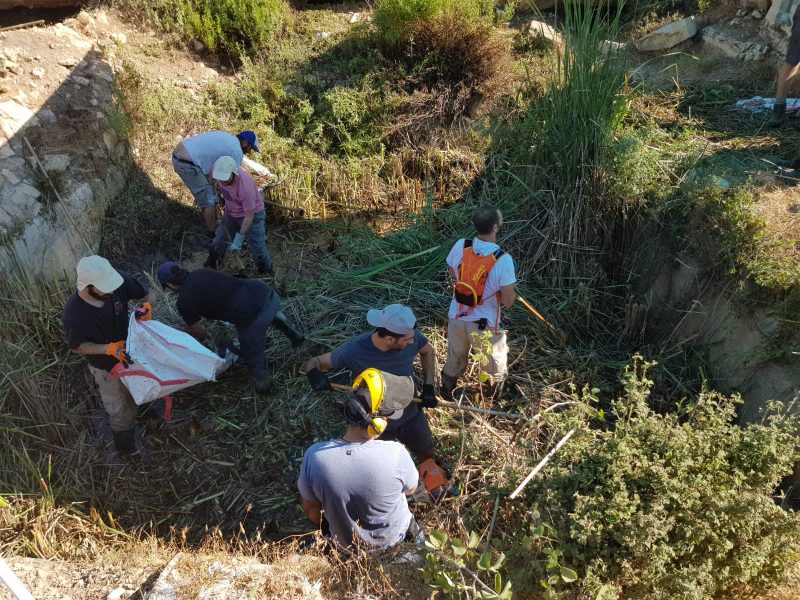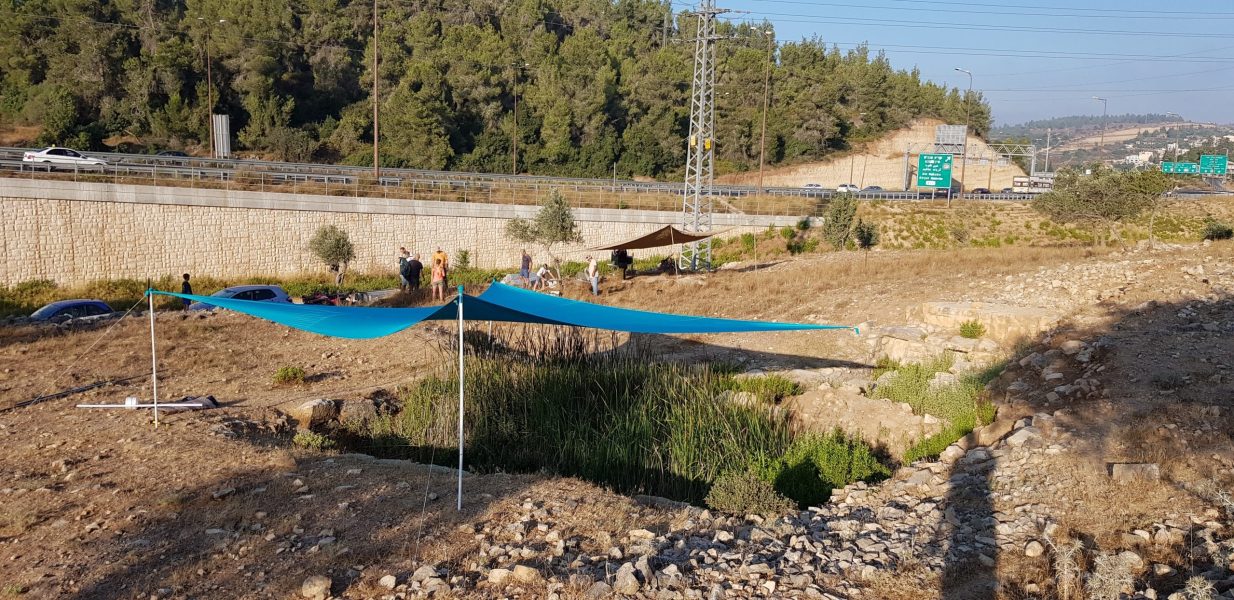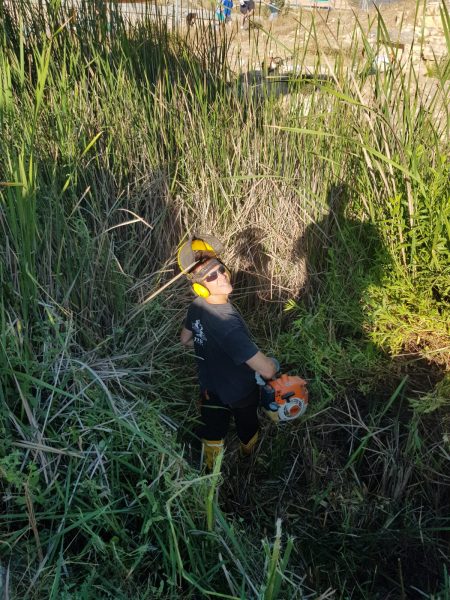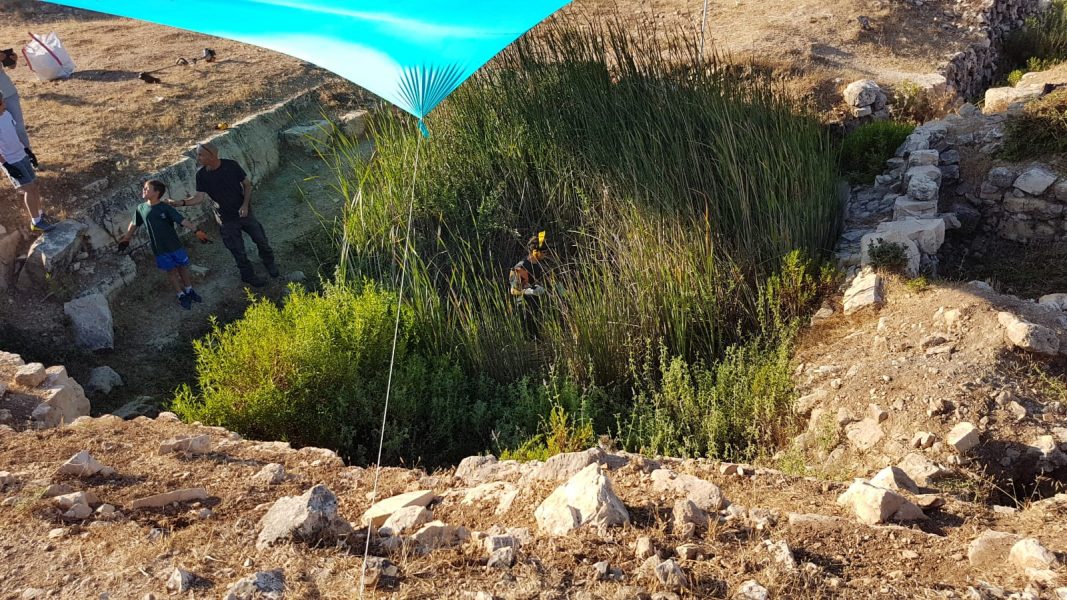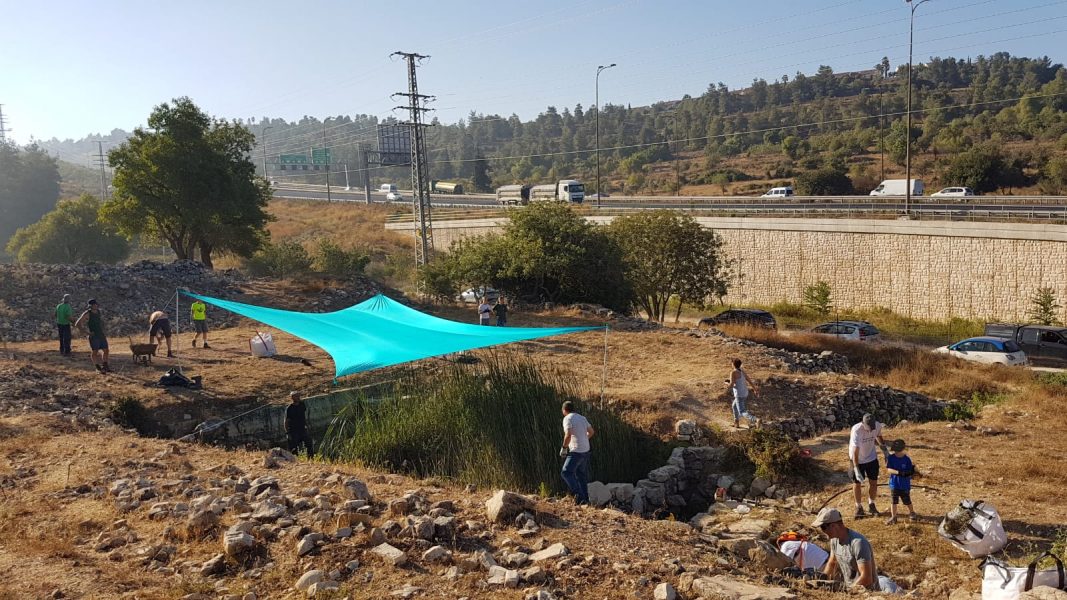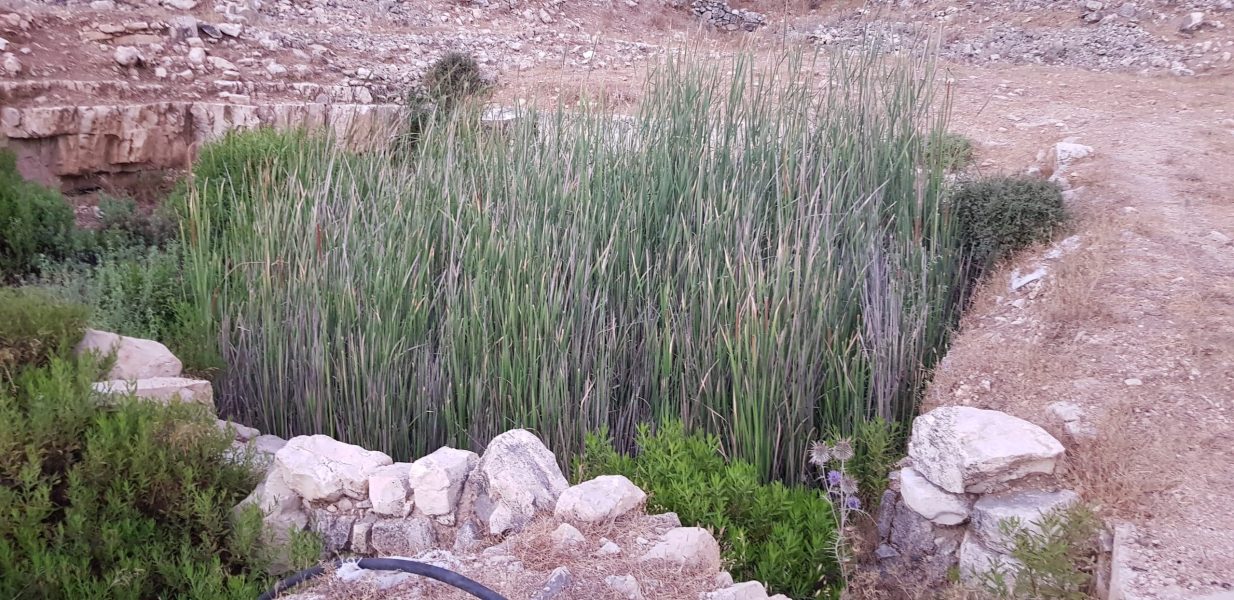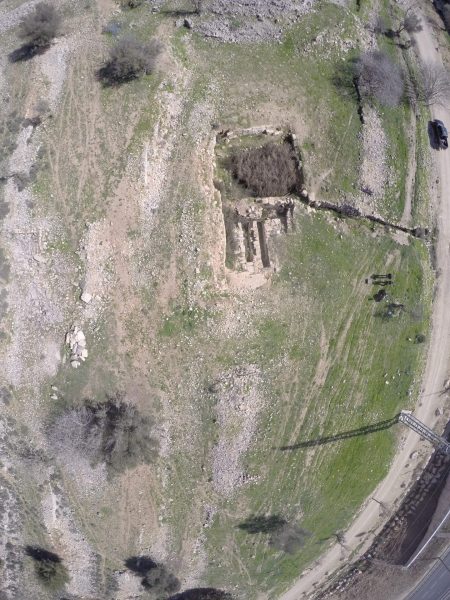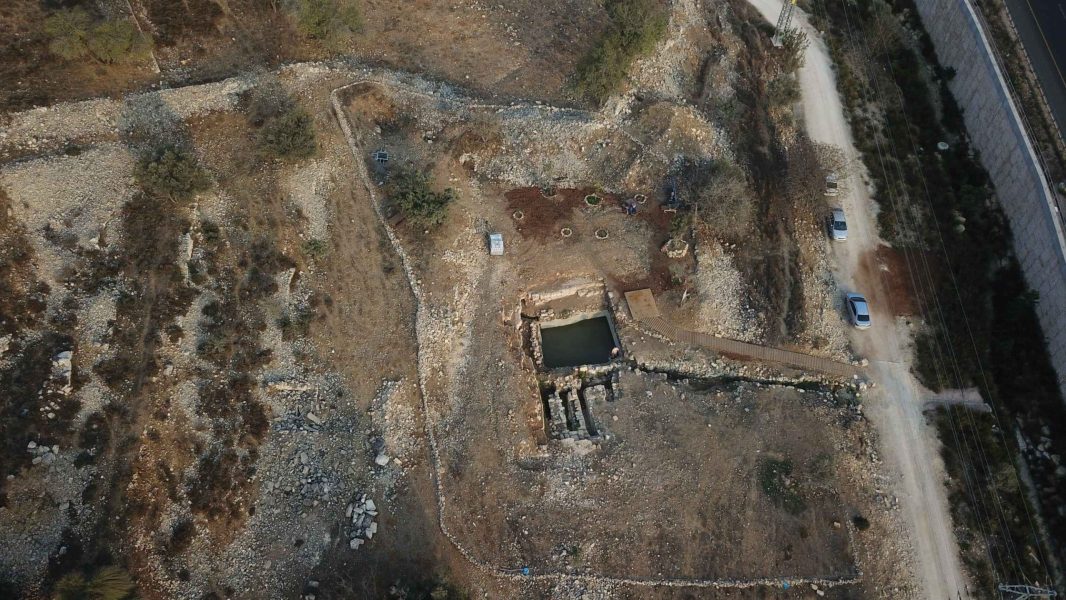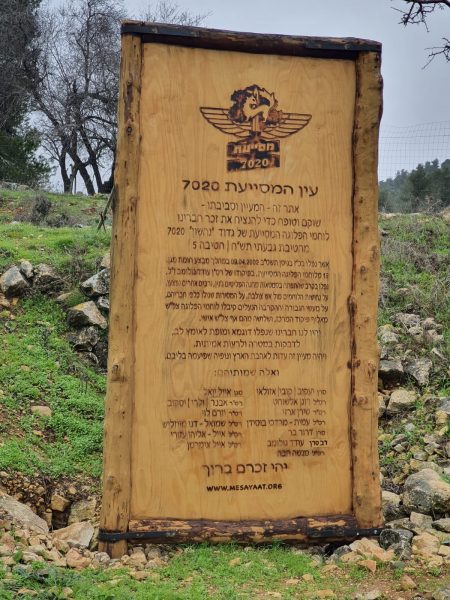About the spring
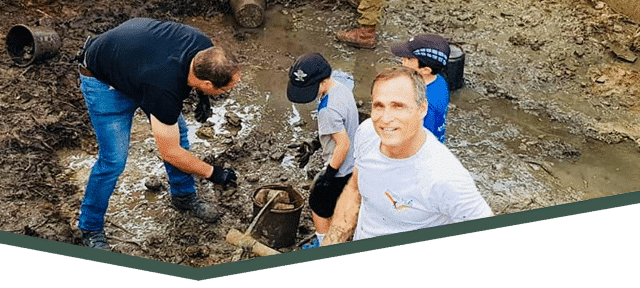
About the spring
The place is known today as "Ein mesayaat 7020"
Ein mesayaat 7020
is a stratum spring in the Kesalon stream in the Jerusalem Mountains, about half a mile east of moshav Beit Nekofa.
A small, square concrete pool set within a 9X10 meter quarry that was probably the pool in ancient times. The pool receives its water through a tunnel about 25 feet long which leads the water in several directions. According to the Israel Antiquities Authority, the tunnel and pool are dating back to the Roman period in Israel and was mainly used by the 10th Legion, who parked at the site and sieged Jerusalem during the Second Temple period.
Apart from the ruined terraces used once for farming, there is not a known past village in the vicinity. There is a ditch leading from the pool to the south, which probably was used as an irrigation system.
The spring had several names based on different versions; Veterans of Beit Nekofa village, some of whom took part in the establishment of the village in 1949, immediately after the end of the Independence war, call it the “rotating spring” due to the sprawling tunnel, about 80 meters long carved in the mountain rock and leads the water into the pool from a number of places.
Other names mentioned in various places are “Ein Erez”, “Ein Naqaa”, “Ein Dilab”, “The revolving cave” and more.
The place was neglected for decades after the pool was intentionally blocked by various officials following work being done in the area. Nature took over, terraces collapsed and the antiquities were covered with dirt. After decades of neglect, the entire complex was renovated and rebuilt by past and present IDF reserve duty fighters of the 7020 Auxiliary Company and residents of Beit Nekofa as a memorial site in memory of 13 of the 7020 Auxiliary Company fighters (7020 Battalion) killed in battle at Jenin on 9.4.2002, during Operation Defensive Shield.
Also helped to restore the place were past and present fighters from the 7020 Battalion and 5th Brigade, the “New Hashomer” organization volunteers and members from the area.
In 2012, a rescue excavation was carried out at the site as part of the extension of Road No. 1 (Tel Aviv – Jerusalem Road). The excavation was conducted by the Israel Antiquities Authority and was funded by the Israel High Ways Company. This excavation revealed the water system in the place used by the Roman legion that was located in the country.
Several ancient water installations adjacent to the water pool. Their use is unclear and there is additional drainage flowing into the pool.
After the restoration work began, water began to accumulate inside the pool from both the tunnel and the ancient water facilities.
The place was renovated and maintained by volunteers, by the Auxiliary Company nonprofit organization, and with the support of the Mateh Yehuda Regional Council and the Israel Antiquities Authority.
During several days of strenuous work, the Company’s fighters in the past and present worked alongside residents of Moshav Beit Nekofa and began to rehabilitate the spring and its surroundings that had been neglected for many years.
The Beit Nekofa Cooperative Association, the residents of the village and the members of the reserve company, continue to develop and treat the complex regularly for the general public. The Israel Antiquities Authority members contributed greatly to the restoration of the place.
